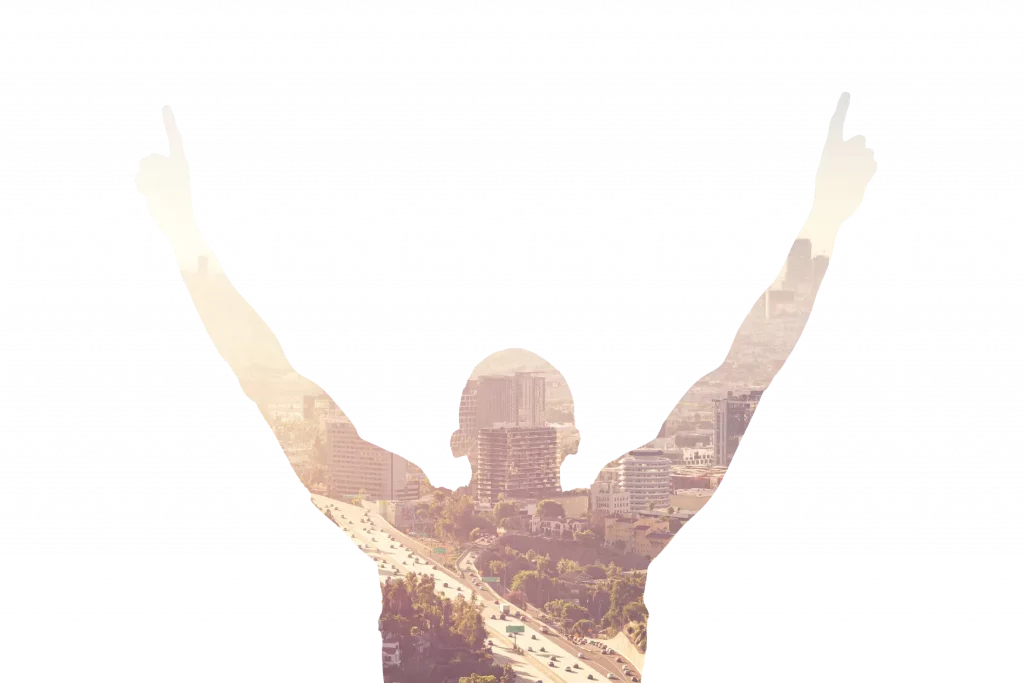AT WHITE HOUSE RECOVERY & DETOX
Benzodiazepines are depressant drugs used to treat various physical and mental health symptoms, including anxiety, seizures, muscle spasms, and insomnia. Even though these are some of the most prescribed drugs worldwide, there is a significant illegal market. The United States Drug Enforcement Agency (DEA) reports the most common illicit benzodiazepines are alprazolam and clonazepam.
Overdose deaths have risen exponentially in the last decade, and approximately 16% of opioid overdoses involve benzodiazepines. Opioids and benzodiazepines are sometimes prescribed simultaneously despite the inherent dangers. One 2016 study determined “individuals prescribed opioids are considerably more likely to be prescribed [benzodiazepines].”
Most people are not familiar with the wide range of benzodiazepines currently in use. Medical professionals prescribe benzodiazepines more than any other drug. You may be familiar with the following brand-name forms of the drug. Doctors prescribe them to treat the following conditions:
Nicknames and street names used to describe this type of drug include downers, nerve pills, tranks, and benzos.
Every prescription with the potential for addiction includes risks. Be honest with your doctor or care team about your personal medical history and current prescriptions to ensure they know of any potential issues or complications. Risk factors associated with benzodiazepine abuse include:
The risks increase significantly for anyone taking drugs with higher levels of potency or at higher doses. Risk factors also play a part in the development of symptoms. A history of substance abuse or mental health disorders, or current prescriptions for drugs like opioids, cause complications impacting your physical health.
Due to their nature as a depressant, you should not combine benzodiazepines with other substances that affect respiration or consciousness. You should avoid alcohol, GBH, and barbiturates. Most benzodiazepines create the same physiological effects, including the following:
Some people who take or misuse benzodiazepines experience an increase in suicidal ideations, including self-harming behaviors, a preoccupation with thoughts of suicide, and feelings of existential dread. If you have a history of suicidal thoughts or behaviors, inform your doctor.
You might notice withdrawal after taking benzodiazepines for only several weeks if the dose is high enough. Co-occurring disorders or simultaneous prescriptions for interactive medications increase the symptoms. The effects become noticeable within a few hours to several days after the last dose. Benzodiazepine withdrawal syndrome symptoms include:
Figuring out a timeline of withdrawal symptoms depends on the half-life of the specific drug you take. For most people, withdrawal starts within one to four days after the last dose and continues for ten to fourteen days. However, you may require an extended time frame to safely taper off the drug if you have been taking it for an extended period. Your care team will provide information relevant to your situation regarding the expected length of withdrawal and degree of symptoms.
If you have taken benzodiazepines for longer than six months, the risk increases for developing seizures during the detox and withdrawal stages. The safest treatment is under the care of trained professionals at a private or community facility where a medical team can monitor you 24/7. Your medical team can treat any severe symptoms immediately and quickly adjust your medications as necessary to keep you healthy. In addition, medication-assisted treatment (MAT) may be used for individuals experiencing substance abuse disorders involving benzodiazepines.
Psychotherapies ensure mental well-being and treat any underlying mental health issues during rehabilitation. Therapy also encourages behavioral modification and provides coping mechanisms to lower the risk of relapse. Most facilities offer the following therapy options for substance abuse disorders, including those involving benzodiazepines:
DON’T WAIT TO MAKE THE MOST IMPORTANT CALL OF YOUR LIFE
Medical professionals have conducted a worldwide effort to limit the use of addictive substances like benzodiazepines, but much work still needs to be done. Despite changes to policy and guidelines, benzodiazepines remain overly prescribed and increase the risk of patients developing substance use disorders. You can get help with your benzodiazepine dependence from programs and local treatment facilities offering expert care. White House Recovery and Detox provides numerous treatment and therapy options for individuals in our community. Reach out today to learn more.


Copyright 2022. White House Recovery and Detox LLC. All rights reserved. | HIPAA Privacy Policy

Holistic Treatment